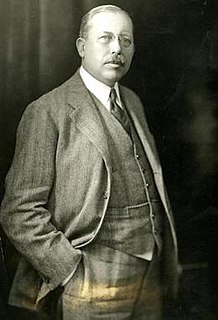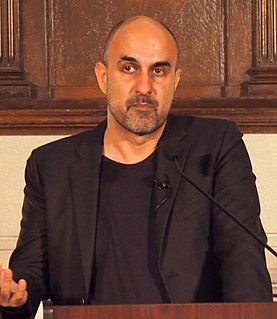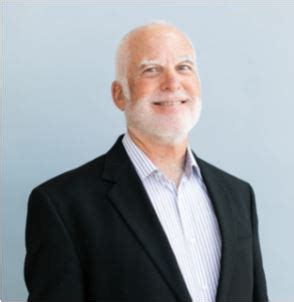A Quote by Georg C. Lichtenberg
A good means to discovery is to take away certain parts of a system to find out how the rest behaves.
Related Quotes
It is true that my discovery of LSD was a chance discovery, but it was the outcome of planned experiments and these experiments took place in the framework of systematic pharmaceutical, chemical research. It could better be described as serendipity. That means that you look for something, you have a certain plan, and then you find something else, different, that may nevertheless be useful.
I think part of the reason Trump behaves the way he behaves is that he is a walking example of projection. Whatever he's doing and whatever he thinks is happening he will accuse somebody else of. And there are examples during the campaign when he did just that, like when he called publicly on Russia to hack my personal emails. He knew they were trying to do whatever they could to discredit me with emails, so there's obviously a trail there, but I don't know that in our system we have any means of doing that.
I argue that science would be much richer if it were multisensory. The problem with instrumentation is that instruments, unlike our senses, can be monosensory. Since the discovery of the electromagnetic spectrum - which is really the discovery that all energy coming from something has a wave form - in theory we could image anything along that spectrum. In fact, we don't, because only certain parts of the spectrum have been instrumentalized. But the new thing is computerization. You can take all the data, the measurement of the frequencies, and transform it into an image.
In good novelistic fashion, the discovery I’ve made is that it’s complicated. I think that’s one of good things about exploring these questions in a non-polemic, fictional way: you get to feel out territory rather than take positions. Through writing this, I can understand the impulse to faith, how people make meaning, how people make community, without having to say, do this, don’t do that, or I believe, I don’t believe.
Take away material prosperity; take away emotional highs; take away miracles and healing; take away fellowship with other believers; take away church; take away all opportunity for service; take away assurance of salvation; take away the peace and joy of the Holy Spirit... Yes! Take it all, all, far, far away. And what is left? Tragically, for many believers there would be nothing left. For does our faith really go that deep? Or do we, in the final analysis, have a cross-less Christianity?



































